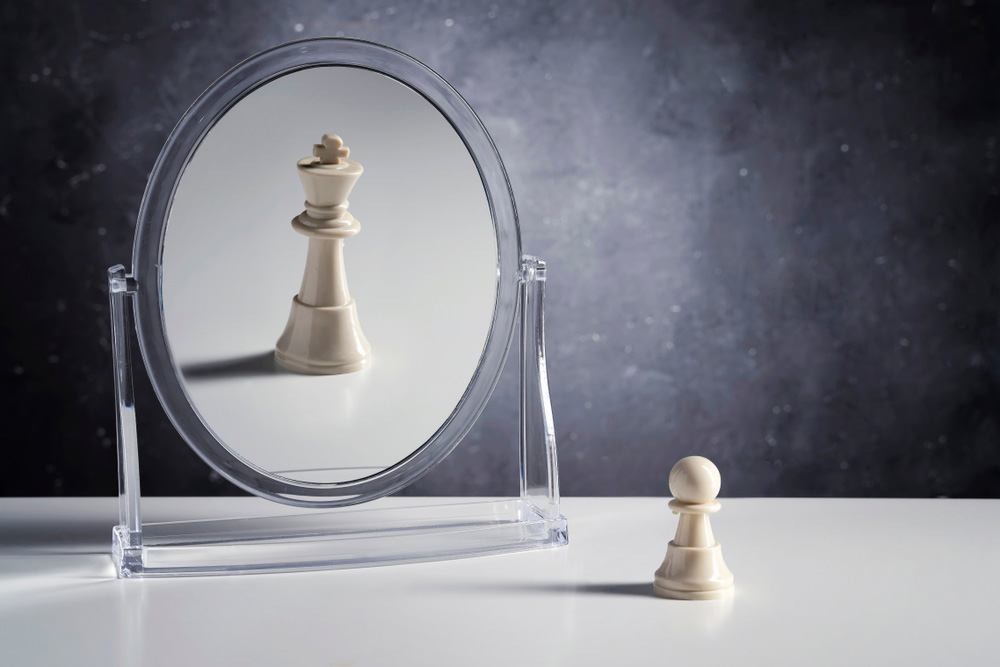Delusions are firm beliefs in impractical or impossible things. There is little to no connection between delusional ideas and reality, and almost everyone else can see these beliefs are false. In some cases, people with delusions might become so caught up in their fantasies that the preoccupation disrupts their lives.
Mental health professionals classify delusions as being either bizarre or non-bizarre. Bizarre delusions involve situations or scenarios that could never happen in real life, while non-bizarre delusions usually involve misinterpretations of perceptions or experiences.
Six Types of Delusions
A leading characteristic of delusions is that they feel very real to the person experiencing them. Delusional people lack the self-awareness to realize that their beliefs are problematic, irrational or inaccurate. They may also develop anxiety or depression stemming from the delusions.
Here are the six different types of delusional disorder.
- Persecutory: Persecutory beliefs are among the most common delusions. People with persecutory delusions become very paranoid and convinced that others are out to harm them or their loved ones. They may make repeated complaints to the police, despite lacking any proof that they are in danger.
- Erotomanic: Erotomanic delusions cause someone to believe a well-known or famous person is in love with them. They may attempt to contact or stalk the subject of their delusion.
- Grandiose: People with grandiose delusions have an exaggerated sense of self-confidence, power, talent or importance.
- Jealous: Those with this delusion believe their partner is unfaithful without any concrete evidence.
- Somatic: People with this type of delusional disorder believe they have severe physical health problems, even if they have no obvious symptoms and medical professionals have assured them that nothing is wrong.
- Mixed: It’s possible to have two or more types of delusions simultaneously.
What Causes Delusional Thoughts?
As with many other psychotic disorders, researchers have yet to pinpoint an exact cause of delusional disorder. However, prevailing knowledge indicates it involves a combination of contributing factors, including genetics and brain chemistry.
Evidence also suggests that the environment and lifestyle choices people make may lead to delusions. For example, substance abuse may trigger or worsen delusional disorder. Delusions may also grow out of low self-esteem, denial, social isolation and distrust.
Qualified Dual-Diagnosis Treatment in Long Beach, CA
Successfully recovering from addiction and a related mental health challenge requires treating both illnesses simultaneously. At New Found Life, our full continuum of care includes a range of treatment programs that help our clients establish a sober lifestyle and learn healthy coping mechanisms. There is no such thing as a one-size-fits-all treatment option that works for everyone, so we’ll assess your needs and design a holistic treatment approach tailored specifically for you.
Our in-house staff works tirelessly to provide each of our clients with the best care and one-on-one attention. Achieving the goal of lifelong sobriety isn’t easy, but at New Found Life, we will help you get there. Contact us today to empower yourself and recover your long-term mental and physical health.

